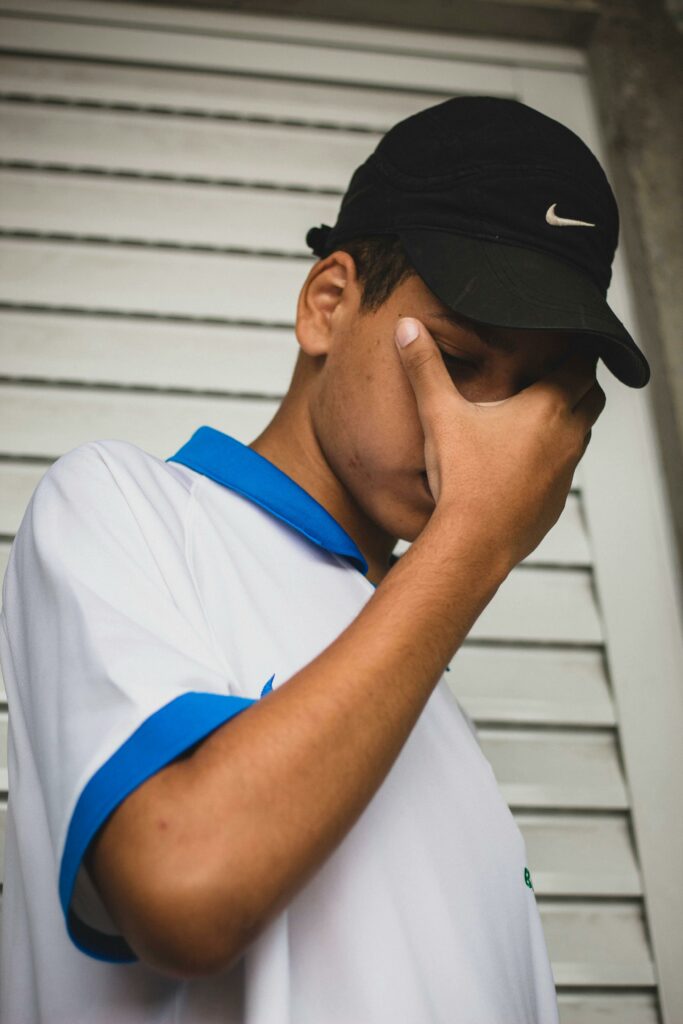Is rest an essential part of the training? Rest is often overlooked by young athletes, but it’s a crucial component of performance and recovery.
For many young athletes, the idea of rest often feels unnecessary, even counterproductive. Being young, they tend to believe their energy and bodies are limitless. After all, how can you improve if you’re not constantly training? This common mindset needs to be shifted, and communication and education are key tools in making that change. Rest isn’t slacking—it’s a critical component of building strength, preventing injuries, and fostering growth as an athlete.
As a coach, trainer, parent, or young athlete, understanding the importance of recovery can transform performance and set a foundation for long-term success. So, how rest works, why it matters, and how to incorporate it into your routine without guilt.
Why rest is part of the preparation and matters for young athletes ?
Athletes often focus on the time spent practicing, but what happens when they’re not practicing is just as important. Rest days allow the body to:
- Repair muscles: Training puts stress on the muscles, and recovery is when they rebuild stronger,
- Recharge mentally: Rest prevents burnout and keeps athletes motivated,
- Prevent from injuries: Overtraining increases the risk of fatigue and injury, which can sideline athletes for weeks or months.
When young athletes don’t rest, their performance plateaus, and their risk of injuries skyrockets.
What are the common believes about rest?
Belief 1: “If I take a day off, I’ll fall behind my teammates.”
Reality: Missing one day of training won’t hurt your progress. In fact, resting allows you to come back stronger and more focused.
Belief 2: “Rest means doing nothing, a waste of time.”
Reality: Rest can include light activities like stretching, yoga, a recreational sport and social activities. These help the body recover while keeping it engaged and the mind to relax!
Belief 3: “Only injured athletes need rest.”
Reality: Rest isn’t just for recovery; it’s for preparation. Think of it as charging your battery for the next challenge.
Practical Tips for incorporating rest
Here’s how to teach young athletes the value of rest and recovery:
1. Listen to your body
Your body gives you signals when it needs rest—fatigue, soreness, or even low motivation. Ignoring these signs can lead to burnout or injury. Coaches and parents should encourage open communication about how athletes feel physically and mentally. Young athletes need to be trained to recognize all those signs.
2. Balance training with recovery
Use a training plan that includes recovery days. For example, after three intense practice sessions, schedule a light day of stretching or rest.
3. Focus on the big picture
Remind young athletes that sports are a long journey. Missing one day to rest won’t ruin their progress, but ignoring rest could ruin an entire season.
4. Introduce recovery activities
Help young athletes see recovery as active. Activities like foam rolling, swimming, or walking are great for rest days while keeping them engaged.
5. Celebrate rest
Make rest days something to look forward to. Parents and coaches can praise athletes for being smart about recovery, reinforcing that it’s part of being a great athlete.
For Young athletes: overcoming the fear of falling behind
One of the hardest parts about resting is overcoming the fear that you’re losing progress while others are training.
- Think Long-Term: Rest isn’t about today—it’s about the next game, the next season, and your overall growth. Missing one practice won’t matter when you’re consistently improving in the long run.
Key takeaways
- Rest is training: Recovery is where the magic happens. It’s not slacking; it’s building.
- Balance is key: Work hard, but rest harder.
- Parents and Coaches lead the way: A supportive environment teaches young athletes to value rest and are always coming up with suggestions to master their « free » time.
By making rest a natural part of the training process, we can set young athletes up for success, —not just for one season, but for their entire athletic journey, mental and physical health!

